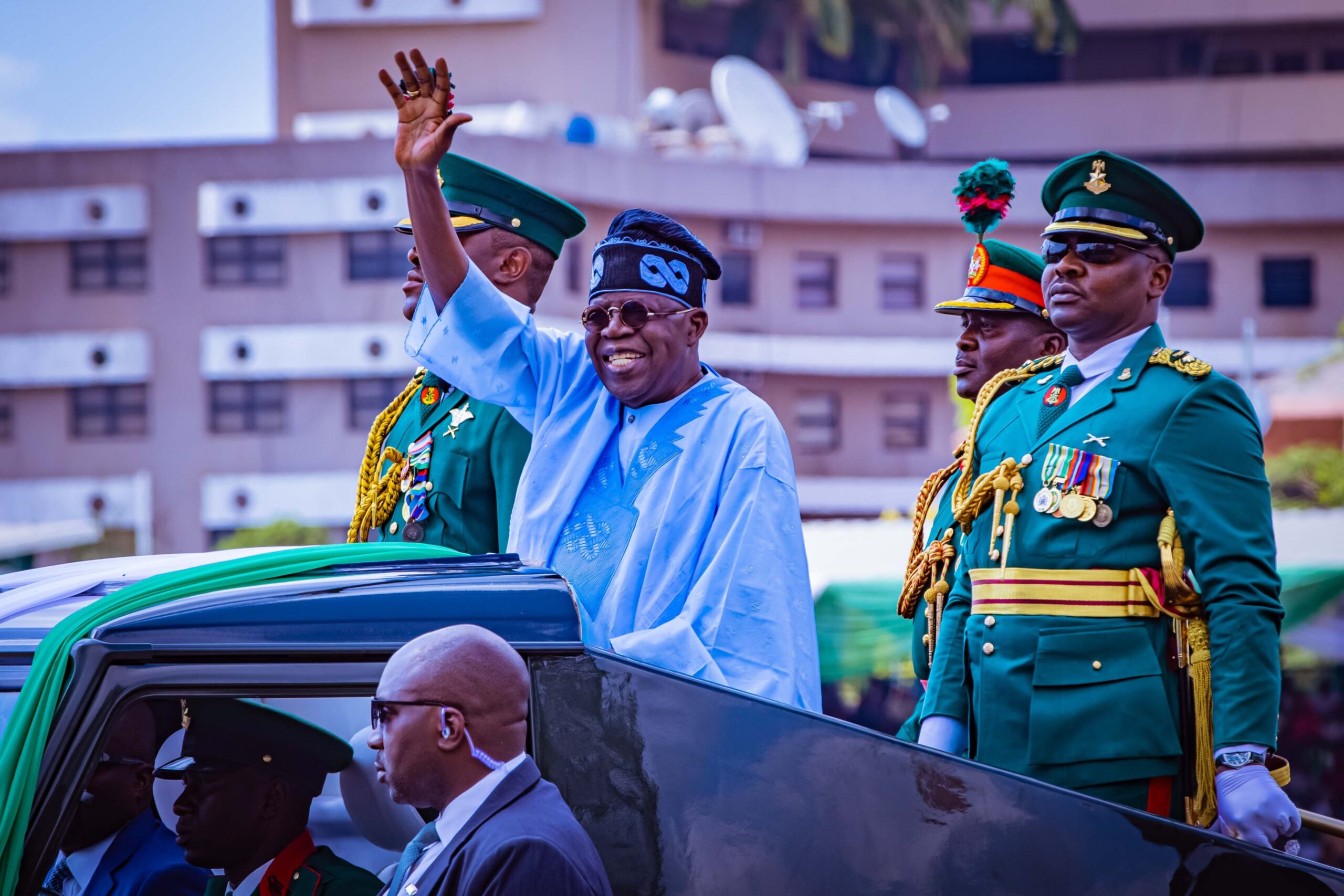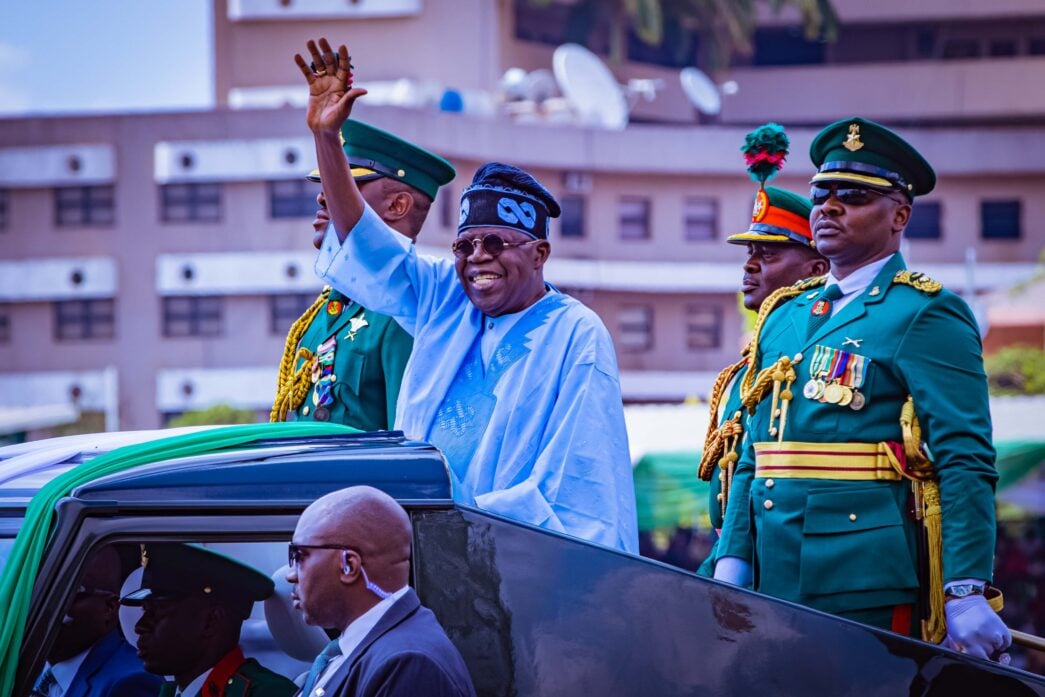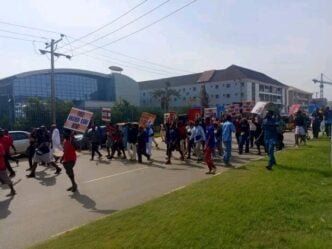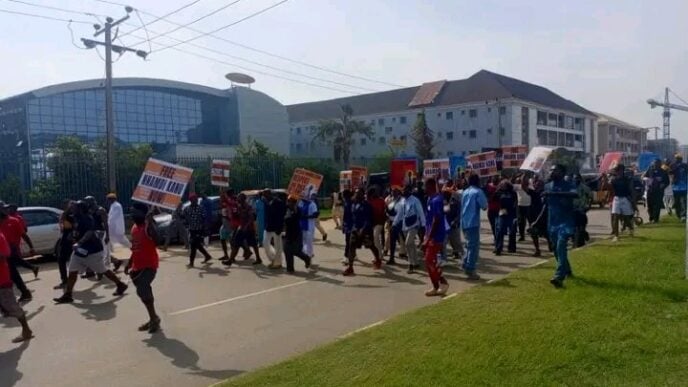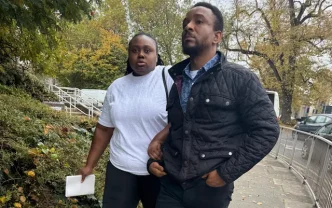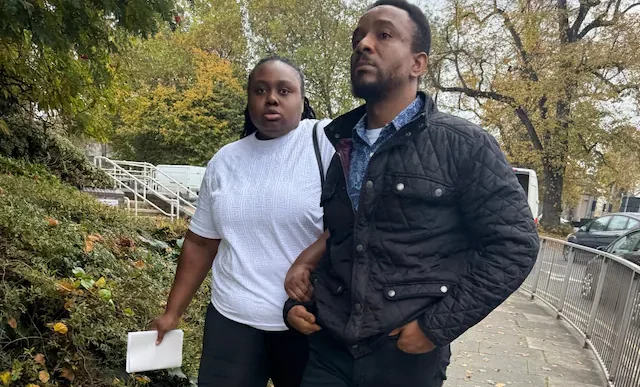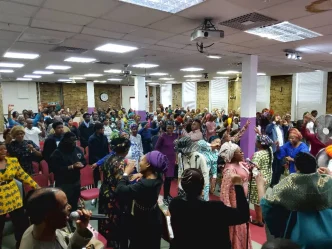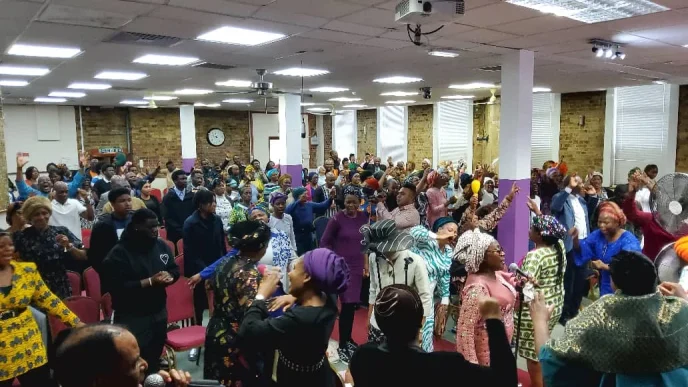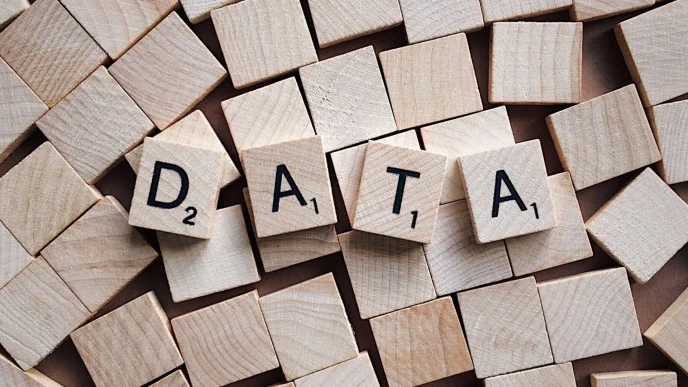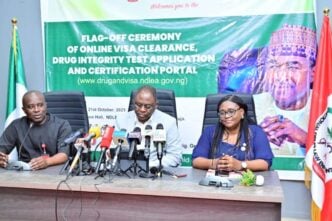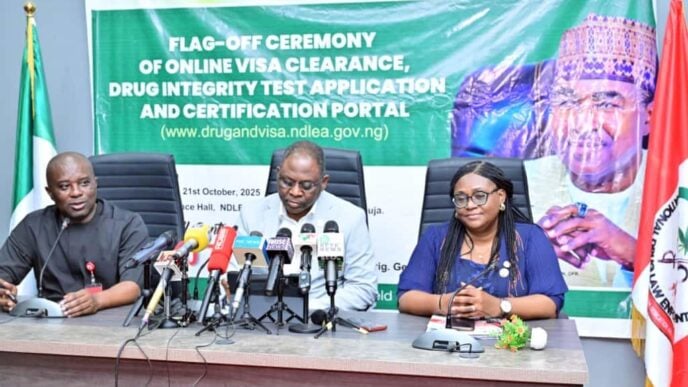In the last 96 hours, there have been multiple media reports claiming middle-ranking military officers planned to oust President Bola Tinubu. The reports added that this coup plan was the reason the President cancelled the October 1 independence day parade but the military has since denied the claims.
In its response to the reports, the Defence Headquarters said the October 1 parade was cancelled “to allow Mr President attend a strategic bilateral meeting outside the country and for members of the AFN to sustain the momentum on the fight against terrorism, insurgency and banditry”.
Addressing the claim that 16 officers were arrested for being involved in the coup plans, the military said: “the ongoing investigation involving the sixteen officers is a routine internal process aimed at ensuring discipline and professionalism is maintained within the ranks”. Let’s take a look at what the rumoured coup tells us about Nigeria in 2025.
For context, President Tinubu was in Nigeria the week preceding independence day. He attended the coronation of Rashidi Ladoja as the Olubadan of Ibadan on September 26 before travelling to Imo state on September 30 for project commissioning and returned to Lagos in time for an independence day speech on October 1. The president’s itinerary — which is public — call into question, the military’s response — but that is not why we are here today.
Advertisement
Here’s what the data say
For the first time in 20 years, there are fewer democracies in the world than autocracies — 88 countries are run by democratic governments, while 91 are governed by autocracies. That may not sound alarming until you hear that liberal democracies are the least common regime type in the world today.
According to Varieties of Democracy, “Nearly 3 out of 4 persons in the world – 72% – now live in autocracies. This is the highest since 1978”. So, the appetite for coup is not just a Nigerian thing, it’s a global challenge that needs addressing at local and intercontinental levels.
When the news about the coup became a public conversation on October 18, I decided to look under the hood and see if there was anything real time data from Google Trends could tell me about the rumours. Apparently, there was a spike on October 1, 2025, with Nigerians asking two questions about: 1) First coup in Nigeria and 2) Military coup in Nigeria.
Advertisement
By October 2, the spike was gone, only to return on October 6 through October 13, after the coup in Madagascar. According to google trends, which is available for all to check, the top queries were coming out of Kaduna and Edo states. You do not need military intelligence to look this up.
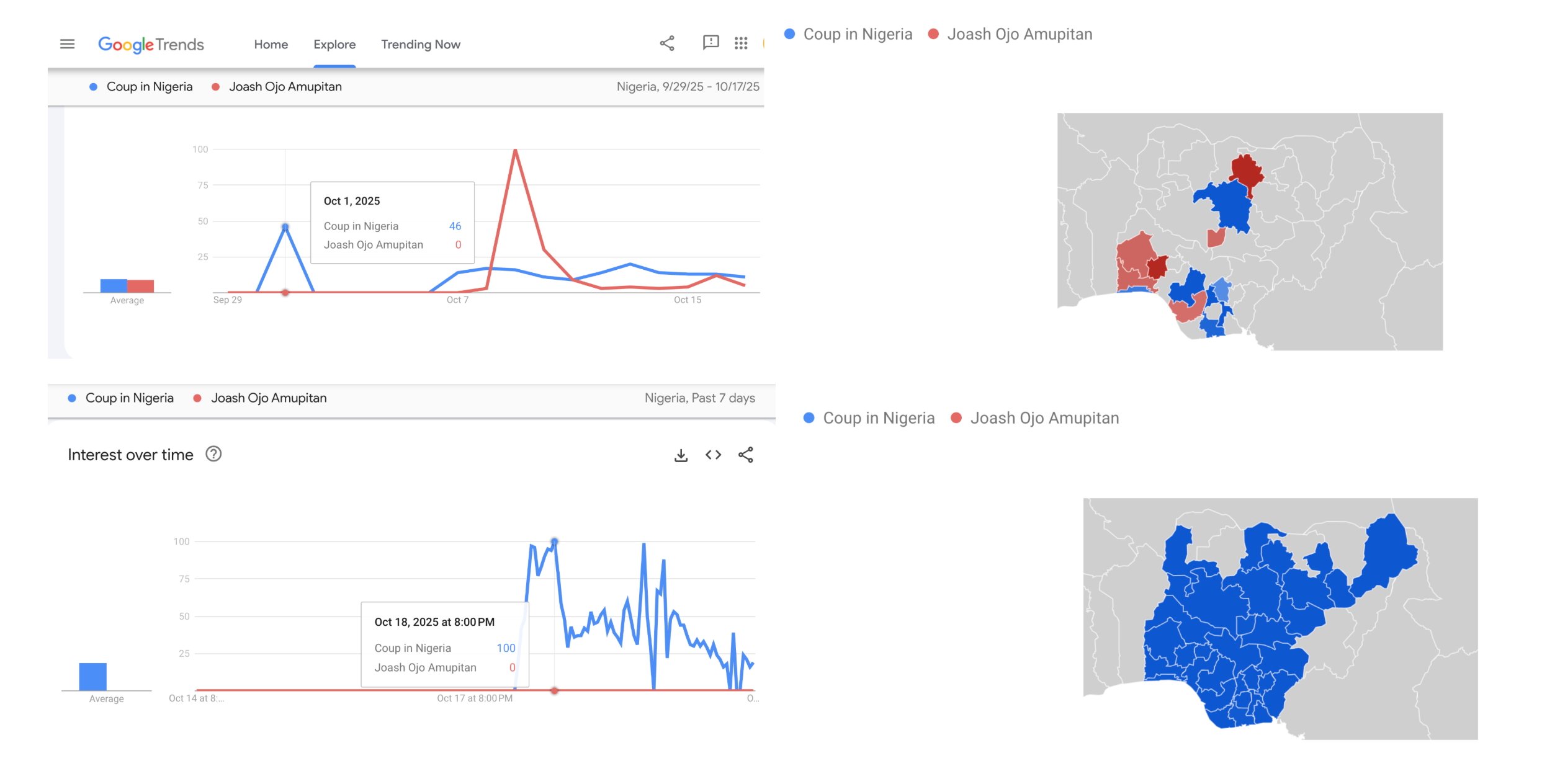
To ensure I was not misreading the data, I mapped it against Joash Amupitan, the newly-appointed chairman of the Independent National Electoral Commission (INEC). And while there was great interest in the law professor, especially from Rivers State, on the date he was announced, this interest was soon overtaken by the coup rumours.
While the military has denied this, the interest persists with thousands of searches from across the country. I know the intelligence agencies are looking into the rumours and the military is doing the hard — and often thankless — work of keeping Nigeria safe, so, this is a call to the government and the citizens.
What Nigeria must do
Personally, I have no interest in military rule and vigorously ask that my peers look beyond autocracy for Nigeria’s solutions. I am a young man, who lived through the last years of general Sani Abacha and I have enough experiences from my own family as to why we should never return to dictatorship.
Advertisement
However, nobody’s personal experience will be enough to convince Nigeria or Nigerians against military rule. For instance, when we say the median age in Nigeria is 18, what we are also saying is that the average Nigerian has never exeperienced a coup. UNFPA estimates that 63% of Nigerians are under the age of 25. This means that at least 6 in 10 Nigerians were born into a democracy, and have never experienced military rule, and long may that continue.
So, while debunking the rumours of a coup might be a good place to start, Nigerian authorities need to go further and build trust among its young citizens. The country needs to make democracy work for all and not a select or privileged few.
When insecurity persists, those who never lived in a military regime may be persuaded to fantasise that maybe the military may deliver security. As economic hardship bites, the mother who cannot feed her child or the father who cannot put food in front of his son may say “anything but this”.
When the government delivers peace and prosperity, nobody want to see that change. Democracy does not thrive by decree, it survives by trust. The more Nigerians feel seen, heard, and safe, the less room there will be for these whispers of a coup. Rumours fade, but the questions they raise live with us a little longer. The real test of Nigeria’s democracy is not whether the soldiers stay in the barracks, but whether citizens still believe the ballot-inspired government can change their lives. Until then, every whisper of a coup may echo a little louder.
Advertisement
You can reach ‘Mayowa on Twitter @OluwamayowaTJ
Advertisement

